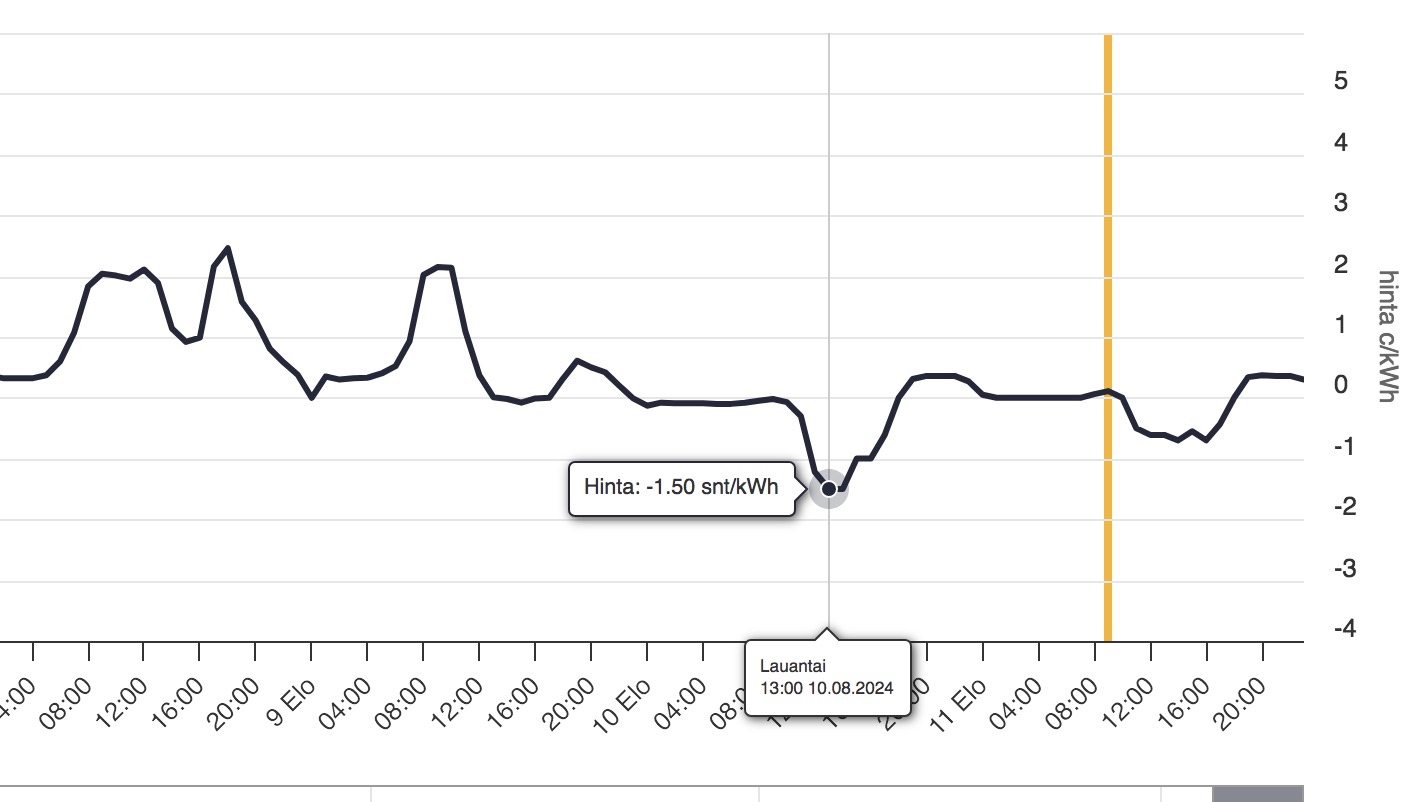this post was submitted on 11 Aug 2024
857 points (99.2% liked)
Mildly Interesting
17334 readers
8 users here now
This is for strictly mildly interesting material. If it's too interesting, it doesn't belong. If it's not interesting, it doesn't belong.
This is obviously an objective criteria, so the mods are always right. Or maybe mildly right? Ahh.. what do we know?
Just post some stuff and don't spam.
founded 1 year ago
MODERATORS
you are viewing a single comment's thread
view the rest of the comments
view the rest of the comments

This is not a good thing. Any time generation has to pay to produce, solar and wind rollouts are slowed.
We need better demand shaping methods, to increase load on grids during periods of excess production, and decrease loads during shortages. We need to stabilize rates at profitable points to maintain growth of green energy projects.
We also need long-term grid storage methods, to reduce seasonal variation. A given solar project will produce more than twice as much power during a long summer day as it will during a short winter day. If we build enough solar to meet our needs during October and March, we will have shortages in November, January, February, and surpluses from April through September. We will need some sort of thermal production capability anyway; hydrogen electrolysis or Fischer-Tropsch synfuel production can soak up that surplus generation capacity and produce green, carbon-free or carbon-neutral, storable fuels for thermal generation and/or the transportation sector.
Or just export it - there must be nearby counties that don't have such a good renewable electric situation.
"just export it" sounds so simple, but the required infrastructure is actually incredibly expensive. Also most of Europe is already pretty tightly connected and trade does happen to a significant degree, but I have no idea what the actual percentage is or if it's used to balance oversupply and/or shortages. Kinda hard to find reliable sources for that.
Luckily, several interconnects already exist and more are planned.
As to percentages, most electric grids will publish those - for example FinGrid's current status.